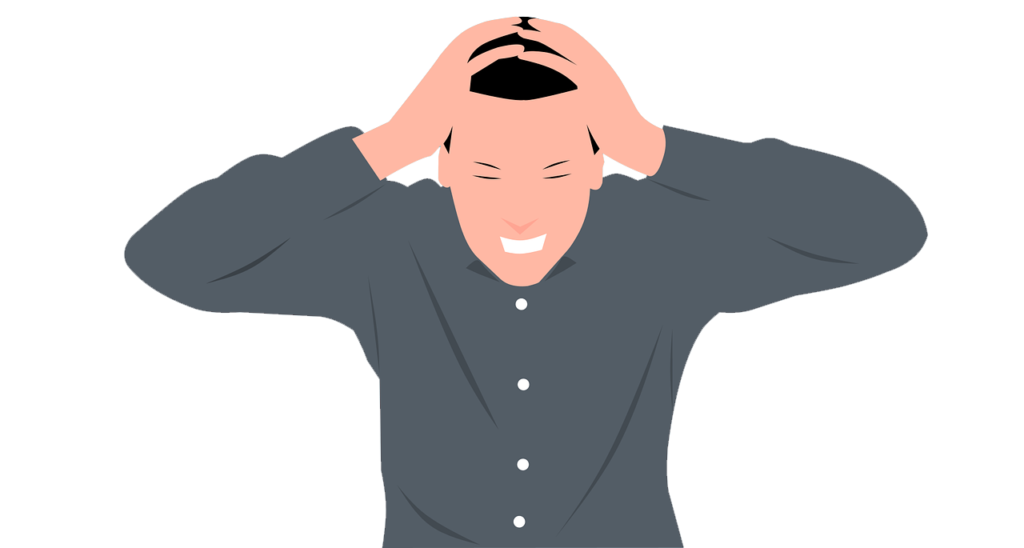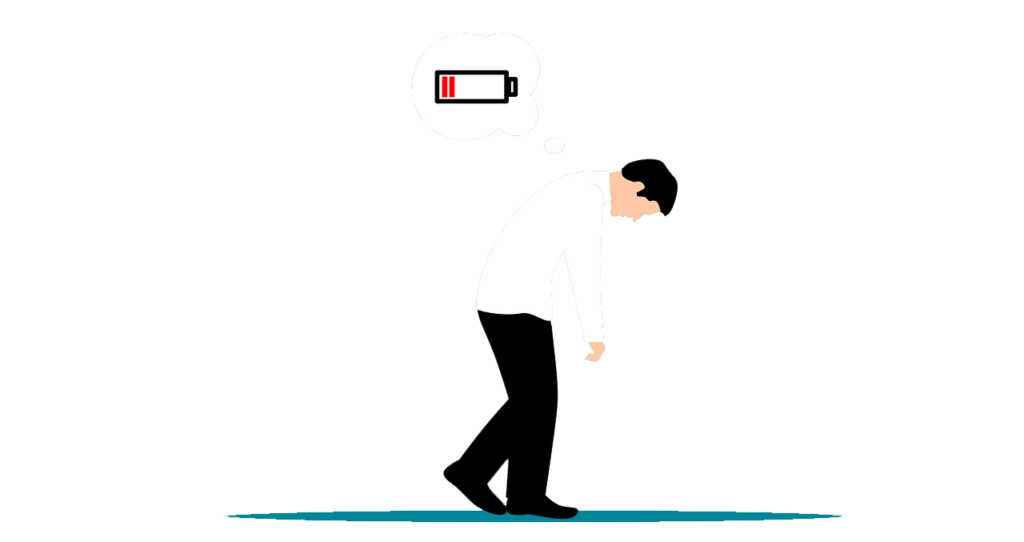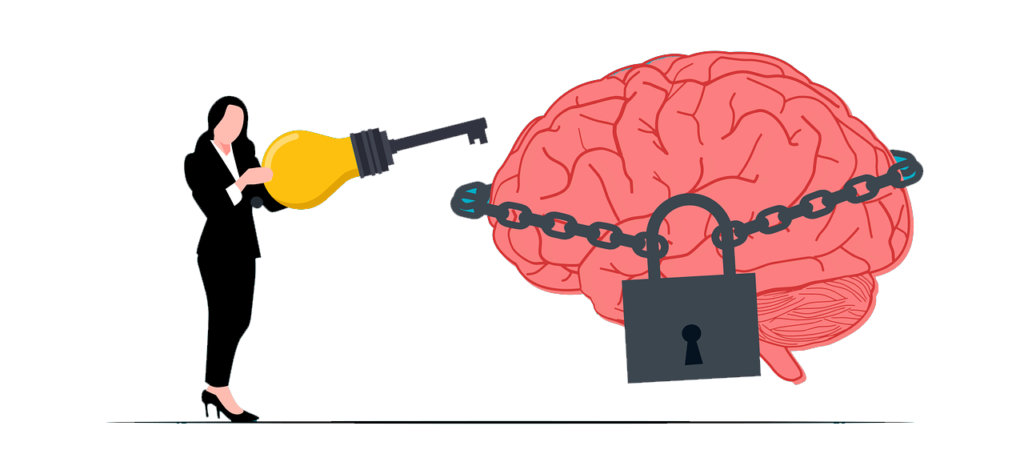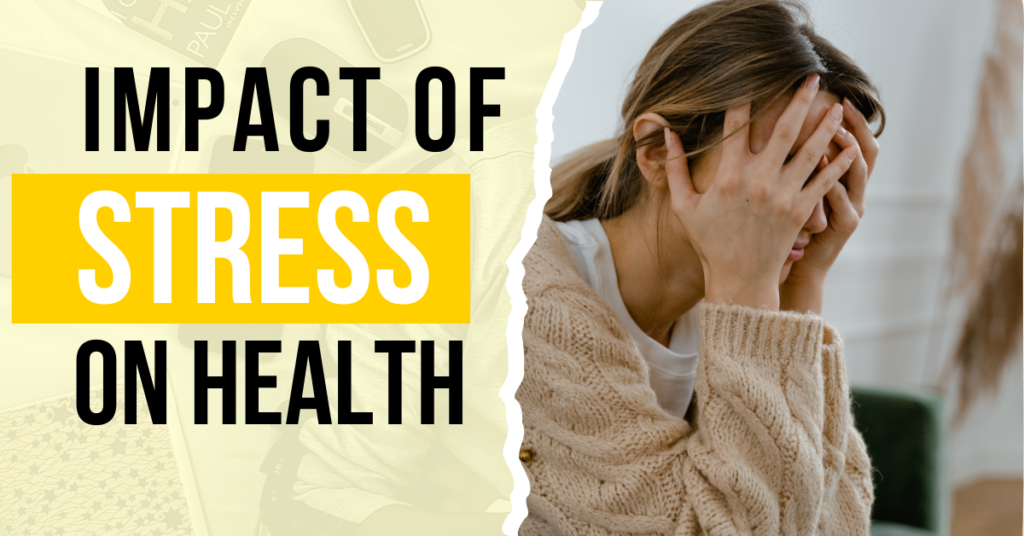In the fast-paced world of today, stress is a constant in our lives. Feeling overburdened is a common reaction to job and personal demands. However, while most of us are aware of the emotional toll that stress takes, its effects on our physical health are frequently overlooked. Comprehending this correlation is vital for our general welfare.
Understanding Stress
Stress, sometimes known as the “fight or flight” reaction, is the body’s normal reaction to obstacles or threats. Stress-inducing chemicals like cortisol and adrenaline are released by the body. These hormones raise blood pressure and heart rate in preparation for the body’s reaction. Short-term benefits may come from this reaction, but long-term stress might have detrimental effects on one’s health.

The Physical Effects of Chronic Stress
1. Cardiovascular Health
The health of the heart can be greatly impacted by chronic stress. Long-term exposure to stress hormones can raise blood pressure and heart rate, which increases the risk of heart disease and hypertension. Research shows that people who are under a lot of stress are more likely to have heart-related problems, thus managing stress is essential for cardiovascular health.
2. Immune System Function
The immune system is directly impacted by stress. Stress can strengthen the immune system in the short term, but it might have the reverse impact over time. The immune system may be suppressed by high cortisol levels, leaving the body more vulnerable to infections and diseases. People who experience ongoing stress may notice that they get colds more frequently or that their recovery from illnesses takes longer.
3. Digestive Problems
Many people refer to the gut as the “second brain,” and stress can have a disastrous effect on digestive health. Many gastrointestinal problems, such as indigestion, cramping in the stomach, and irritable bowel syndrome (IBS), can be brought on by stress. Stress causes the body to put immediate survival ahead of digestion, which slows down the digestive process. Constipation, diarrhea, or bloating are possible symptoms of this.
4. Muscle Tension and Pain
Muscles have a tendency to tense up and stay that way while under stress. Chronic pain disorders including tension headaches, migraines, and back pain may result from this. This strain has the potential to cause muscle stiffness and discomfort over time, making daily tasks more difficult.
5. Weight Management Issues
Stress can affect a person’s eating habits and weight as well. Some people may seek solace in comfort foods that are heavy in fat and sugar, which can result in weight gain. On the other hand, some people may completely lose their appetite, which could lead to unintentional weight loss. The long-term effects of this cycle of emotional eating or loss may be felt on general health.

Mental Health and Physical Health: The Inextricable Link
There is a close connection between physical and mental wellness. Prolonged stress affects one’s physical health as well as one’s ability to fight mental health conditions like despair and anxiety. High levels of stress might make it difficult for people to maintain good behaviors or get physical activity. This can result in a vicious cycle whereby issues with physical health are made worse by mental illness, which then causes more emotional discomfort.

Strategies for Managing Stress
Even while it could seem hard to completely remove stress from our life, there are useful coping mechanisms we can use:
1. Exercise Regularly
One of the best ways to reduce stress is to exercise. Exercise can enhance both physical and mental health by releasing endorphins, the body’s natural mood enhancers. Try to get in at least 30 minutes of moderate activity every day of the week, such as yoga, cycling, or walking.
2. Mindfulness and Meditation
Stress can be decreased and the mind can become more at ease with techniques like mindfulness and meditation. Practicing appreciation or paying attention to your breath for a little while each day can have a big impact on your mental health.
3. Adequate Sleep
For good mental and physical health, sleep is crucial. Stress and a number of health issues can be aggravated by little sleep. Sleep quality can be raised by establishing a regular sleep schedule and making a relaxing environment.
4. Healthy Nutrition
A healthy diet full of whole grains, fruits, vegetables, and lean meats can assist the body handle stress. Eating foods high in nutrients helps to maintain brain function and elevate mood, which facilitates good stress management.
5. Social Connections
Sustaining robust social connections can offer psychological assistance during periods of strain. It can help you feel less alone and more a part of the community to talk about your thoughts with friends or relatives.
6. Professional Help
Getting assistance from a mental health expert can be helpful if stress becomes too much to handle. Counselors and therapists can offer methods and techniques for reducing stress and enhancing general wellbeing.

Conclusion
There are numerous and significant effects of stress on physical health. Chronic stress can have a negative impact on our health in a number of ways, including digestive and cardiovascular disorders. We may significantly enhance our mental and physical health by realizing this link and putting good stress management strategies into practice. Recall that mastering excellent stress management techniques is more important for leading a happier, healthier life than completely removing stress.


